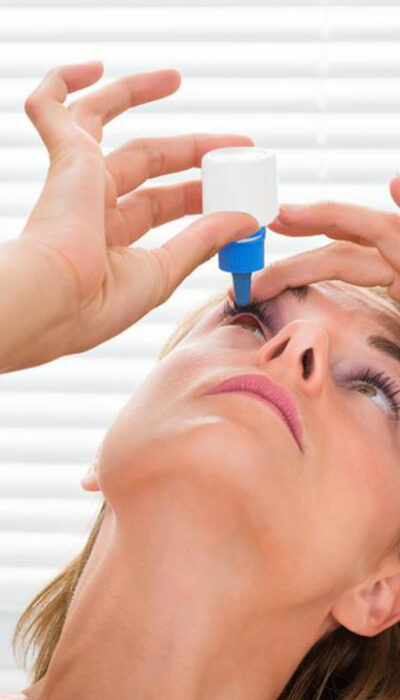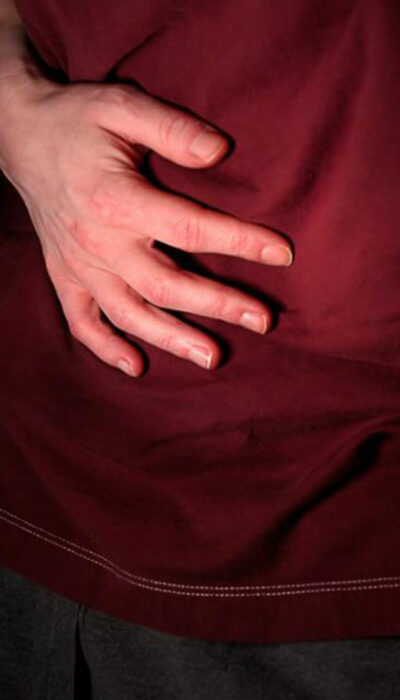
5 Popular Mouthpieces to Stop Snoring
Snoring is very common, and you will find most people snoring once in a while. It happens when you are unable to breathe freely through your nose or mouth when you are asleep. This makes the tissues in the surrounding area of the nose and mouth vibrate and makes a sound. People who snore too much have a loose or floppy tissue that vibrates, and hence it causes a loud noise. The tongue can also be in the way and add to the snoring. There are many reasons for you to snore. Once you find the reason, you can use stop snoring mouthpieces. Common reasons behind snoring Here are a few reasons that might be the reason behind snoring. Age It is a factor that is known to affect snoring. As you reach middle age and beyond, the throat becomes more narrow, and the muscles in the throat weaken. There is nothing much you can do here except make new bedtime routines and try throat exercises to stop the snoring. Overweight Fatty tissues and weak muscles are also known to contribute to snoring. If you are overweight, your neck and throat tissue can be the reason behind your snoring. Exercise can help solve the problem in this case. Sleep posture Sleeping flat on your back can cause the muscles in your throat to block the airway. Stress A long and stressful day can leave you tired, and make you breathe heavily. This may add to your snoring. Other factors Men have narrower air passages than women and so are more likely to snore. Hereditary is also a factor that contributes to snoring. Once you figure out the reason behind snoring, you can find a way to deal with it. If you aren’t able to, you can use stop snoring mouthpieces.










